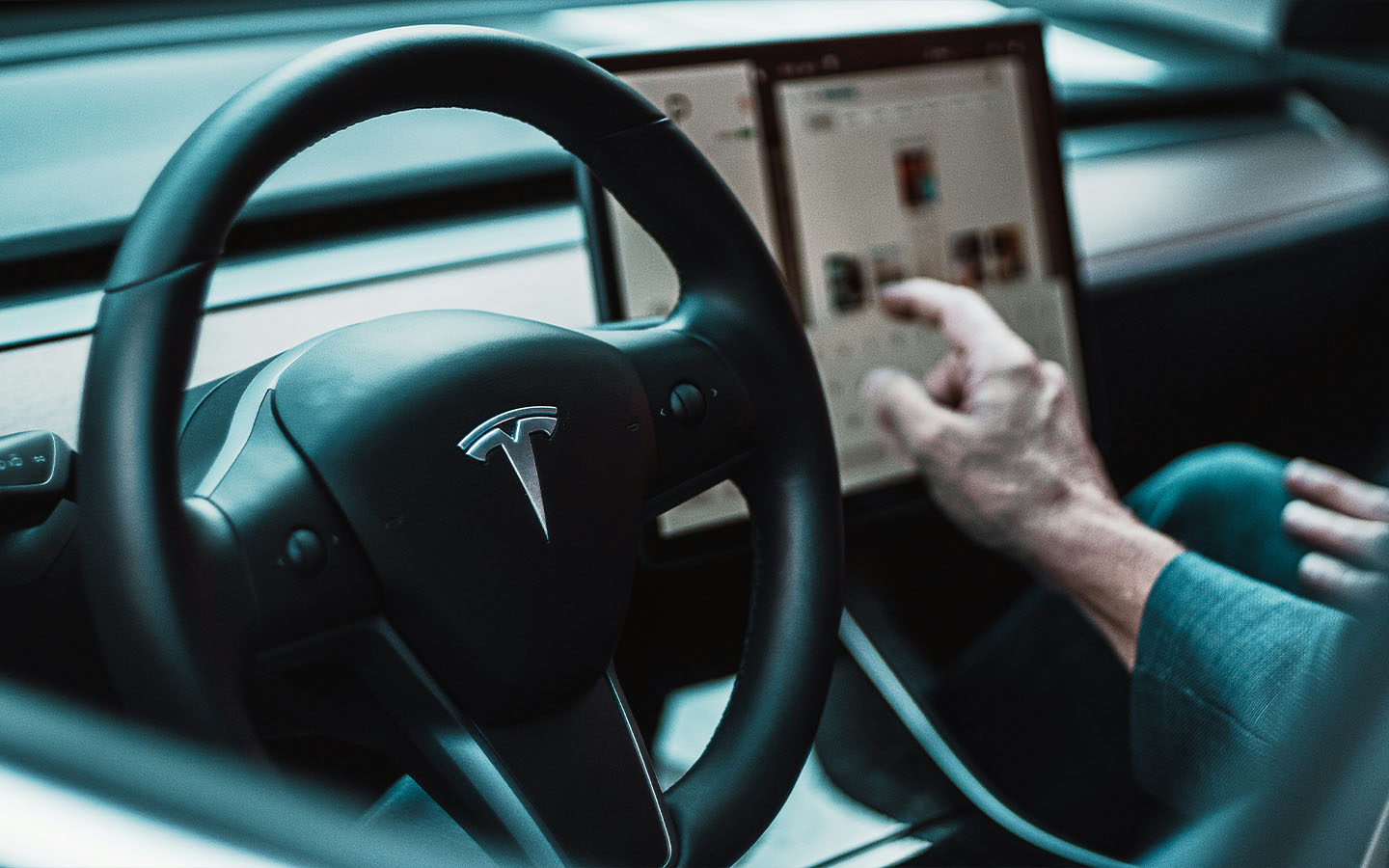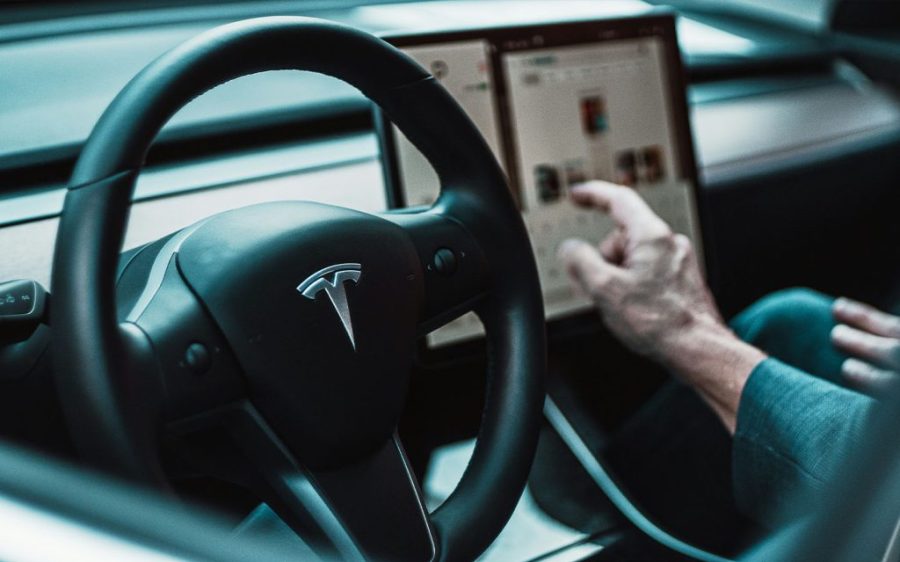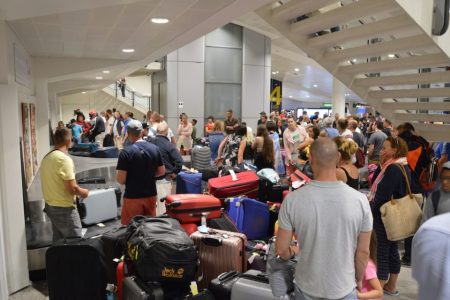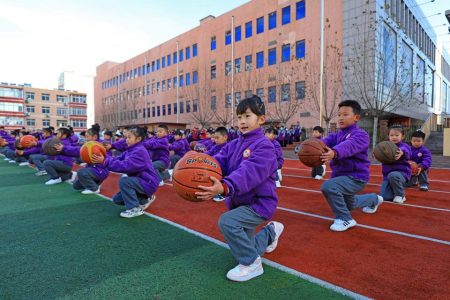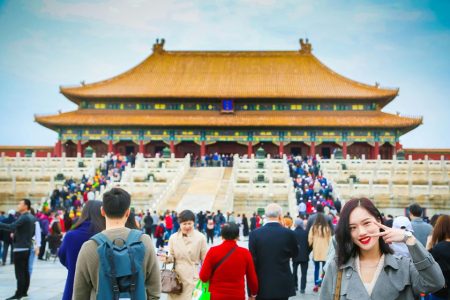Tesla is one step closer to a full release of its advanced full self-driving (FSD) system in China after the US electric vehicle manufacturer received permission from Shanghai authorities to test the feature in the city with 10 Tesla vehicles.
According to various media outlets, the move is a precursor to a full rollout that could enhance the company’s competitive edge in China, the world’s largest automobile market, where local brands such as Xiaomi and Xpeng Inc. are attracting consumers with automated vehicle systems.
“It’s an incremental step,” said Criag Trudell of Bloomberg. “I do think there’s some potential for what Tesla markets as full self-driving to be a more meaningful contributor to their business in China, which they could really use at the moment.”
Tesla’s sales have been falling in recent times, with the EV giant’s vehicle sales in China dropping by 18 percent in April year-on-year, per the Wall Street Journal.
Trudell pointed out, however, that the timeline for a full launch of Tesla’s FSD system remains unclear, as the tests are limited to Shanghai and possibly Hangzhou, a neighbouring city that reports say is also considering greenlighting tests.
[See more: Macao gets a sneak peek at Tesla’s Cybertruck]
Shanghai’s approval of the tests follows an unannounced trip to China by Tesla CEO Elon Musk on 28 April, which saw him meet with senior officials, including Premier Li Qiang.
The tests in Shanghai are expected to be conducted by Tesla staff members and will take place on selected streets. Reports have also indicated that the EV maker has satisfied the data security and privacy concerns of regulators by collaborating with Chinese tech firm Baidu to develop the FSD’s mapping software.
FSD capability subscriptions are currently available for Tesla vehicles in China, although the versions offered in the country are less advanced and come with restrictions.
Tesla has faced various hurdles in offering its FSD function in China, unlike in the US where Tesla was able to roll out its advanced FSD system without being hamstrung by regulators.
“The likelihood that they [the Chinese regulators] are going to be as permissive as the US has been … that still remains very much an open question,” Trudell said.
